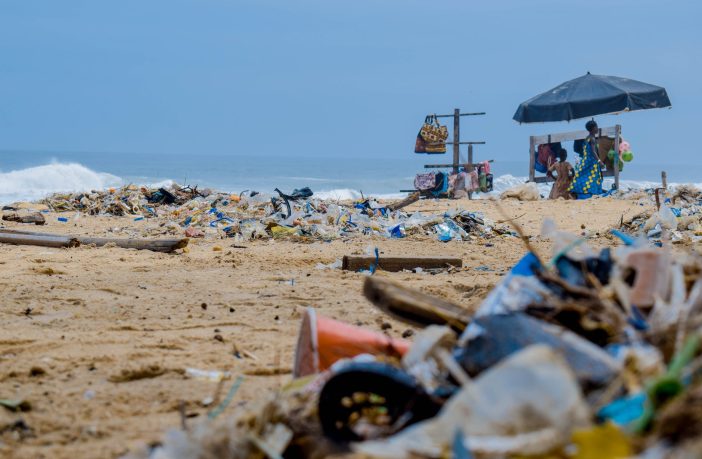- The South African Plastics Pact has made a timebound commitment to phase out 12 problematic and unnecessary plastics by the end of 2022.
- In publishing this first list of problematic and unnecessary plastics, the SA Plastics Pact has become the fourth international Pact to do so, joining the UK Plastics Pact, Chilean Plastics Pact and Portuguese Plastics Pact.
South Africa generates 2.4 million tonnes of plastic waste annually, equivalent to 41 kg/capita/year, which is above the 29 kg/capita/year global average. Out of this only 14% is recycled and around 40% of this waste is mismanaged, with 3% directly leaking into the environment. This means that on average, every citizen leaks at least 1.4kg of plastic to the environment per year.
This leakage of waste into the environment is mostly composed of small plastic items, as well as plastic packaging, which are common sights around communities and cities, in rivers, and on beaches. There are different causes for this leakage, including the lack of available collection services, citizen behaviour and, in some cases, the non-recyclability of the plastic packaging and items. For those packaging and items that are technically recyclable, but not yet recycled in large amounts, the solution may be focused on improving collection and citizen engagement. However, for those that are not technically or economically recyclable in practice, we need to rethink their design and delivery model, to reduce the negative impacts of waste plastic.
As a result, the members of the SA Plastics Pact decided to identify and prioritise small plastic items and packaging that are not recycled in practice, whether technically not recyclable or recycled in very small volumes, in South Africa and have alternatives available, for members to remove from circulation over the next two years.
The list of 12 plastic items which will be phased out is as follows:
- Oxo-degradable plastics
- PVC bottles, pallet wrap and labels
- PVC and PET shrink sleeve labels
- Plastic stickers on fruit and vegetables
- Thin barrier bags for fruit and vegetables
- Thin barrier bags used at tills
- Plastic straws
- Plastic stirrers
- Single-use plastic cutlery, plates and bowls
- Cotton buds with plastic stems
- Plastic lollipop sticks
- Plastic microbeads in cosmetics
Download the report ‘ Addressing Problematic and Unnecessary Plastics’ HERE
Author: Bryan Groenendaal












1 Comment
This is such good news! I presume you mean ‘carrier bags”? I support it ALL THE WAY!